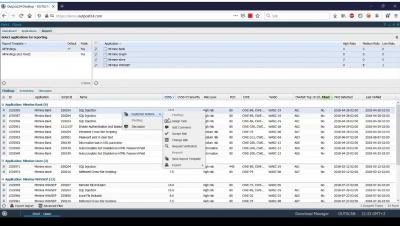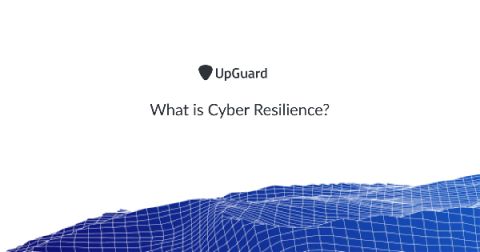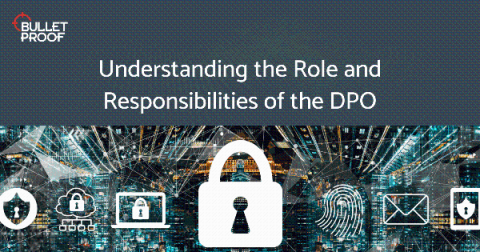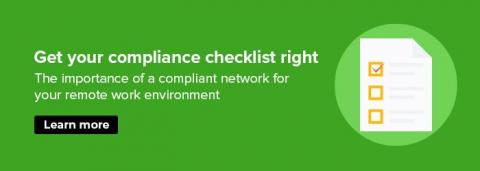Security | Threat Detection | Cyberattacks | DevSecOps | Compliance
Security
2. SWAT Onboarding - Application Overview
'Glitch' in Illinois' PUA System Blamed for Exposing SSNs, Private Data
Government officials said that a glitch in the State of Illinois’ Pandemic Unemployment Assistance (PUA) program exposed thousands of people’s Social Security Numbers (SSNs) and other private data. Jordan Abudayyeh, a spokesperson for Illinois Governor J. B. Pritzer, sent a statement to WBEZ on May 16. In it, she revealed that the Illinois Department of Employment Security (IDES) had learned of a security incident involving its PUA program. As quoted by WBEZ.
Legal Risks and Recommendations for Employee Workplace Surveillance in the US
Monitoring employees is one way to ensure a productive and secure workflow within an organization. However, not all employees like being watched. Some even challenge the ethics and legality of workplace surveillance. In this article, we explore the nature of workplace surveillance and consider the laws US employers should know and follow if they want to monitor their employees.
What is MIME in Network Security?
MIME (abbreviation for Multipurpose Internet Mail Extentions) is a worldwide standard introduced in 1991. In this article, we will discuss what it is and why it is important. As the technology introduces new ways to communicate and conduct business, our business operations become much more reliant on the data transfer and the Internet itself.
What is Cyber Resilience?
Cyber resilience is your ability to prepare for, respond to, and recover from cyberattacks and data breaches while continuing to operate effectively. An organization is cyber resilient when they can defend against cyber threats, have adequate cybersecurity risk management, and can guarantee business continuity during and after cyber incidents.
Understanding Single Sign On as a Means of Identity Access Management
I usually spend my mornings doing some reading and enjoying my coffee. On this one particular morning, I noticed that I had received an email from a gaming company I had created an account with around 10 years ago for my kids. They had sent me a code to confirm a login that was being done from Thailand. I had forgotten that I had even created the account. The account used a set of my credentials that had been compromised many years ago in one of the many data breaches that occur on a continuous basis.
Why OPSEC Is For Everyone, Not Just For People With Something To Hide - Part III
In this final part of the series, I discuss why everyone should consider reviewing their OPSEC (Operations Security), not just those with something to hide. If you haven’t read the previous articles then please check them out first (Part I & Part II), as they provide key background information about the techniques discussed in this post.
Everything you need to know about a DPO
In 2018, the world’s trust was shaken. That year, it was revealed that Cambridge Analytica had furtively harvested data left exposed by Facebook. The information of over 87 million individuals was exploited to assemble voter profiles and customise the distribution of political advertisements in the run up to the 2016 US Presidential Election as well as Brexit.
How important is network compliance for your remote work environment?
With a majority of the workforce now adopting a work-from-home routine, maintaining the normal functioning of your network and ensuring compliance with industry standards is not an easy job. When employees are working remotely, it is especially crucial to ensure network compliance with industry standards and internal policies to secure your network from cybersecurity breaches.









